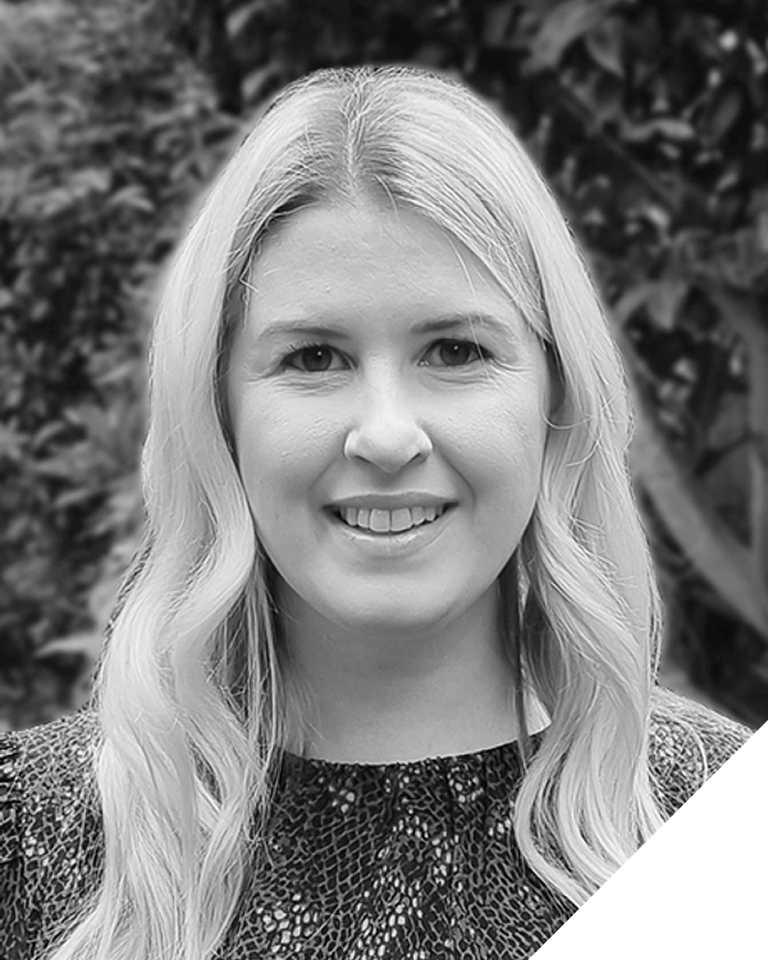The Circular Revolution: How Volvo Group And Ball Corporation Are Pioneering a Sustainable Future
In today's world, sustainability isn’t just a trend: it’s a driving force for businesses – with circular economy at the forefront. This shift isn't just about adopting new practices, but about revolutionizing industries. Our latest episode of the Curiosity Applied podcast, “Sustainability Strategies: Is The Path To Sustainability Circular?” hosted by David Metcalfe, delved into this topic. Bringing together two influential figures – Ramon Arratia, Chief Sustainability Officer at Ball Corporation, and Mark Bamber, Head of Circularity & Remanufacturing at Volvo Group – the episode shares valuable insights into the transformative efforts steering their organizations towards a greener future.
Circularity is at the heart of sustainability strategies
For Ball Corporation, circularity is more than just an aspect of its sustainability strategy – it's the core. The firm’s commitment to achieving a 55% decarbonization reduction target by 2030 hinges on circular practices. Ball Corporation is actively transforming its value chain towards circularity by increasing recycled content in its products and driving decarbonization through product innovation.
With a monumental industry shift to electric vehicles in progress, Volvo Group presents a contrasting yet complementary perspective, with circularity a key element of a broader sustainability strategy led by procurement. From material sourcing to collaborating with supply partners and focusing on remanufacturing, Volvo's commitment starts by designing products with circularity in mind, paving the way for vehicles with extended life cycles – and an automotive future where sustainability is embedded in every vehicle.
Product design is the cornerstone of circularity
A key theme that emerged from the conversation was the pivotal role of product design in achieving circularity. Ball Corporation’s initiative to standardize aluminum alloys for better recyclability showcases the importance of innovation in design – at the beginning of a product’s life cycle – to maximize the usefulness of materials for future production, even in well-established, simple products such as aluminum cans.
For Volvo, the challenge of complex vehicle design underscores the need for circular design principles. With so many materials used in the creation of a vehicle, a generic strategy will not suffice; instead, each product requires its own circularity strategy. Integrating these practices from the outset ensures that Volvo’s vehicles are not just innovative, but also environmentally responsible in the long term.
Collaboration and policy are drivers of circular success
Both Ramon and Mark highlighted the importance of collaboration and policy in propelling the success of circular value chains. For Ball Corporation, proactive engagement with policymakers to support recycling efforts is as crucial as production itself:
“In Brazil, the value of aluminum is so high it leads to a 100% recycling rate, whereas in the US, it’s a 45% recycling rate. Collaboration with policymakers on packaging and waste regulation is critical, because if you don’t have the policy right, you have zero circularity.” – Ramon Arratia
Meanwhile, Volvo Group is focusing on setting clear goals for its supply partners to measure and reduce Scope 3 emissions. Collaboration with its internal purchasing and technical teams, as well as its supply partners, is paramount to ensure that products are designed to maximize circularity. The upcoming end-of-life vehicles regulation will further incentivize industry-wide collaboration. For Volvo, the focus extends beyond just recycling, as it actively seeks opportunities to incorporate circular principles throughout the entire product life cycle – well before the dismantling stage.
“We have to include all these people in these discussions as well. We cannot do this alone.” – Mark Bamber
The road ahead is circular
Looking ahead to the future, both guests predict significant progress in circularity strategies. Ramon envisages a landscape where business models prioritize reuse and longevity, while Mark believes the automotive industry will continue its strides towards sustainability, with circularity becoming an integral part of vehicle design and production.
As we embrace this new era of circularity, the message is clear: the path to sustainability is paved with collaboration, innovation and policy. It's a vision that Ball Corporation and Volvo Group are actively shaping, as they move towards a world where environmental stewardship is ingrained in every aspect of the global economy.
Listen now to join the conversation and discover how circularity is reshaping the path to sustainability.
About Curiosity, applied
Hosted by David Metcalfe CEO, Verdantix, the Curiosity, applied series is a must-listen for sustainability leaders, investors and members of the C-Suite seeking to safely guide their businesses through a changing global landscape.
Find all episodes on Spotify, Apple Music, Google Music or your favourite podcast app!
About The Author

Olivia Russell
Senior Marketing Manager





